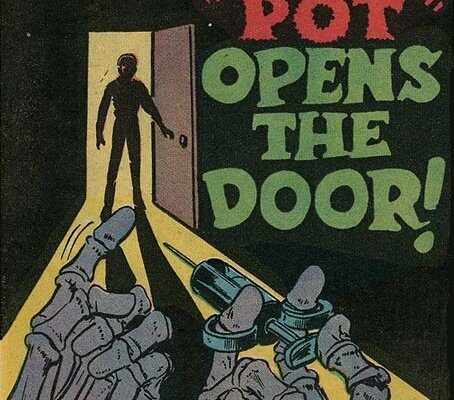In the realm of drug policy debates, one persistent myth has long cast a shadow over the reputation of marijuana – the notion that it serves as a gateway drug, leading users down a slippery slope towards harder substances. However, this widely held belief is rooted more in fear and misinformation than in scientific evidence.
The gateway drug theory gained traction during the War on Drugs era, as policymakers sought ways to justify stringent anti-marijuana measures. Yet, as research has progressed, it has become increasingly clear that marijuana’s association with other drugs is not a causative relationship.
One key factor debunking the gateway myth is the concept of correlation versus causation. While it is true that many individuals who use harder drugs may have experimented with marijuana, it does not imply that marijuana use caused the progression. Instead, shared risk factors such as socio-economic status, mental health, and genetic predispositions are more likely contributors.
Moreover, countries and states that have decriminalized or legalized marijuana have not experienced a surge in the use of more dangerous substances. In fact, by removing the stigma and criminalization surrounding marijuana, such policies may contribute to a reduction in overall substance abuse rates.
It is crucial to approach drug-related discussions with nuance and an evidence-based perspective. Dismissing marijuana as a gateway drug helps shift the narrative towards a more comprehensive understanding of substance use, focusing on harm reduction and education rather than perpetuating unfounded fears. It’s time to dismantle the myth and embrace a more enlightened approach to drug policy.



